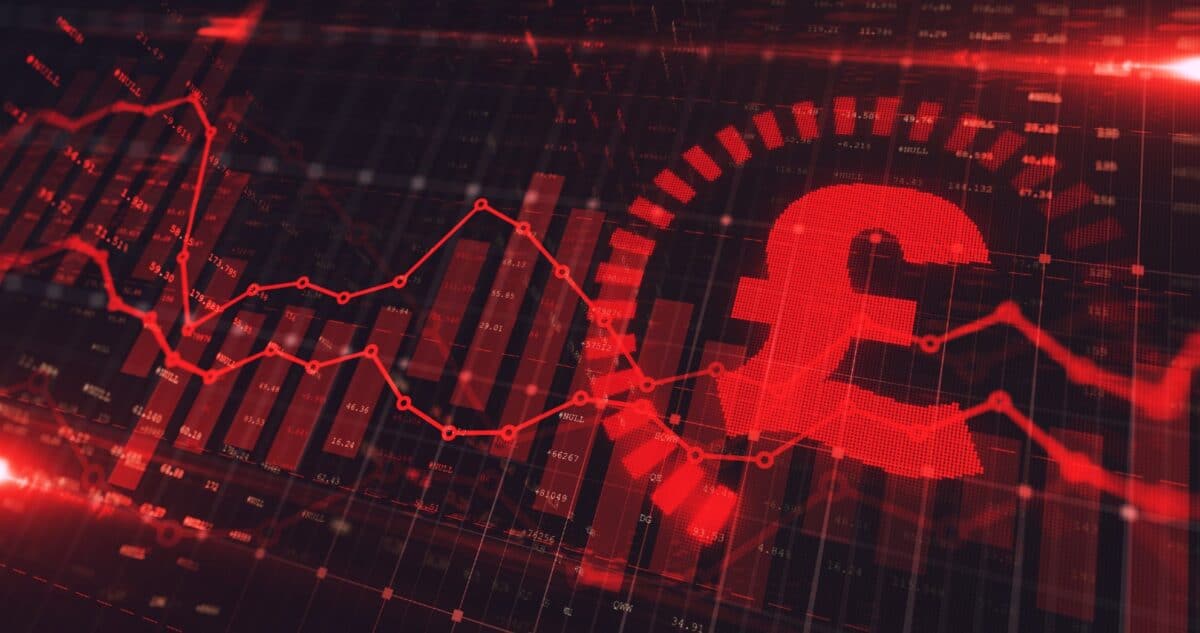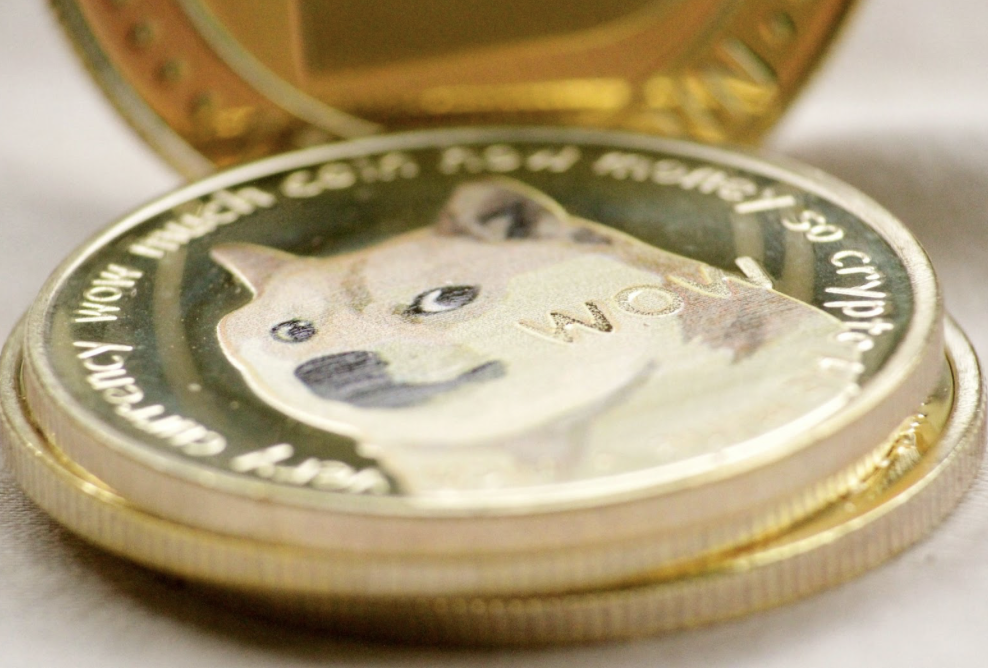Image source: Getty Images
FTSE 100 healthcare stock Smith & Nephew (LSE: SN.) hasn’t performed very well recently. Over the last 12 months, its share price has fallen about 9%.
What’s interesting, however, is that the chief financial officer (CFO) of the company, John Rogers, just spent a huge amount of money on shares. This suggests that he believes that the share price is about to rally.
I follow insider transactions
I always pay attention to insider transactions, especially buys. Insiders can sell stock for a number of reasons (e.g., buying a house, paying school fees, etc.). But they generally only buy stock for one reason – to make money. So, stock purchases can provide valuable investment insights.
Now, academic research shows that not all insider buys are created equal from a signaling perspective. The most ‘informative’ buys tend to be large ones from top-tier insiders (CEO, CFO, chair, etc.). These insiders tend to have the most information on their businesses. So, the fact that they are buying shares is generally a bullish signal (it can suggest that they think the market is underestimating their businesses).
A large purchase
The recent trade from Smith & Nephew’s CFO John Rogers certainly looks interesting to me. On 19 December, he bought a total of 71,920 shares for around £9.72 per share. That equates to roughly £700,000 worth of stock. That’s a large buy, and it suggests the insider is confident in the outlook. It could be a sign that performance is going to be better than expected. But we don’t know for sure.
The stock looks cheap
One thing we do know is that the stock looks cheap today. Currently, analysts expect earnings per share to come in at $1.05 next year (versus a forecast of 89 cents for 2024). So, at today’s share price, we are looking at a price-to-earnings (P/E) ratio of just 11.6.
That’s pretty low for an orthopaedics company with a decent long-term track record and plenty of long-term growth potential (as the global population continues to age, the number of hip and knee surgeries should increase). If the company – which has struggled to generate momentum recently – can show that it’s firing on all cylinders, the stock could get a major valuation rerating.
Short-term risks
Now, there are no guarantees that this stock will do well in the short term, of course. Recently, the company has been negatively impacted by the economy in China and this remains a risk.
Government initiatives in China could also be a challenge. Recently, its volume-based procurement (VBP) programme, which is designed to lower the cost of medical products, has hurt the company.
Taking a long-term view, however (as we like to do here at The Motley Fool), this stock does appear to have plenty of potential. I think it’s worth considering for an investment portfolio, especially after the recent £700k CFO buy.
Credit: Source link













